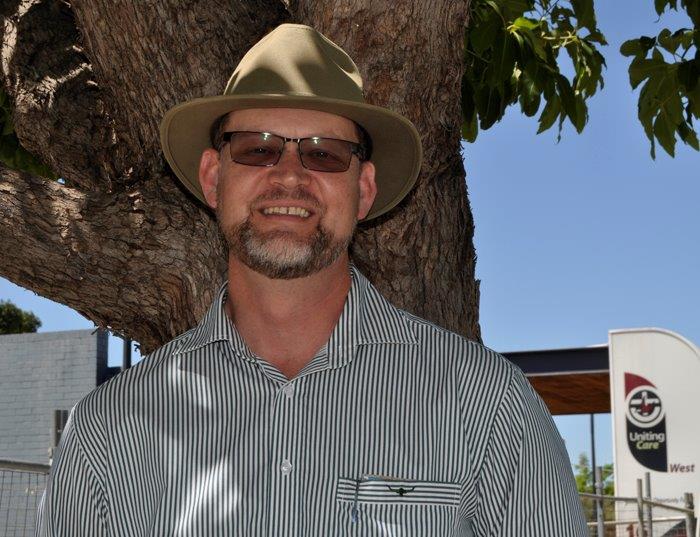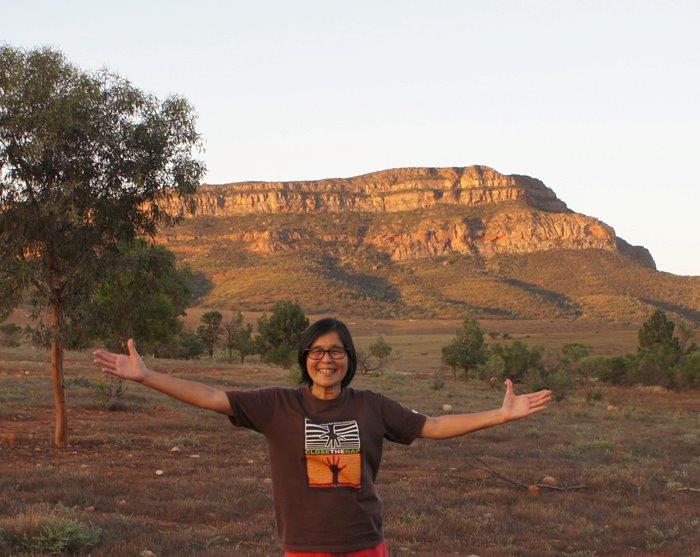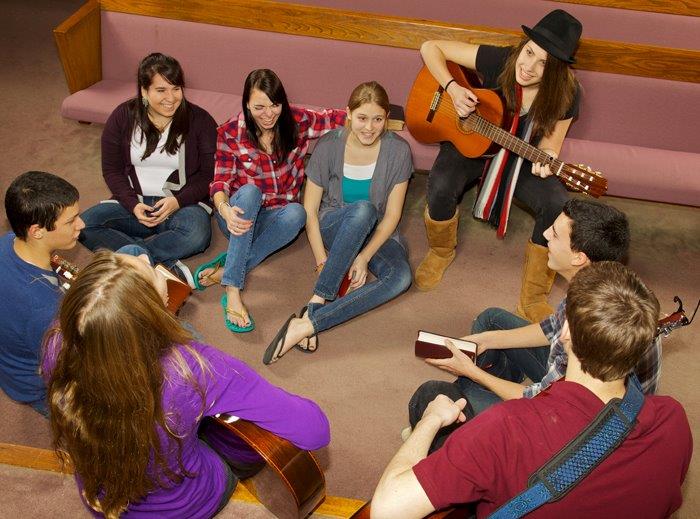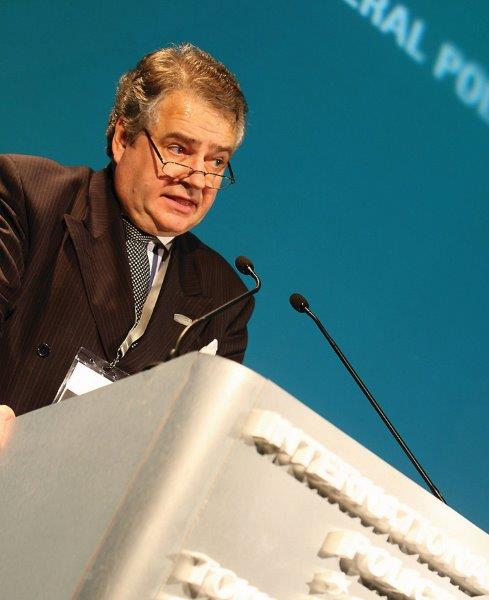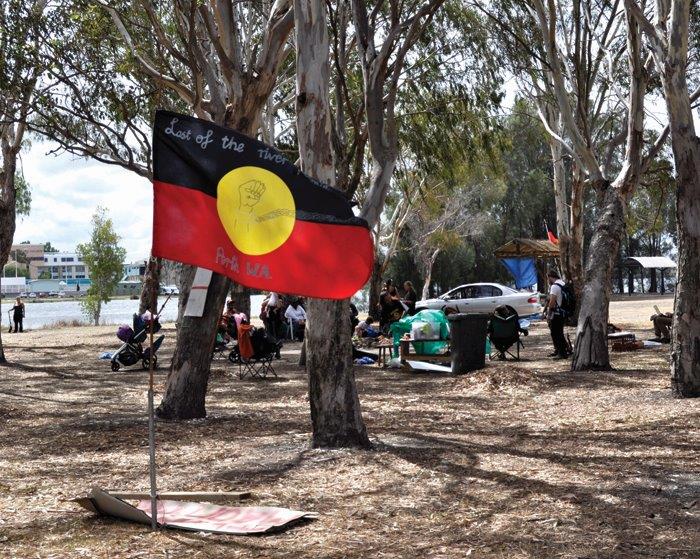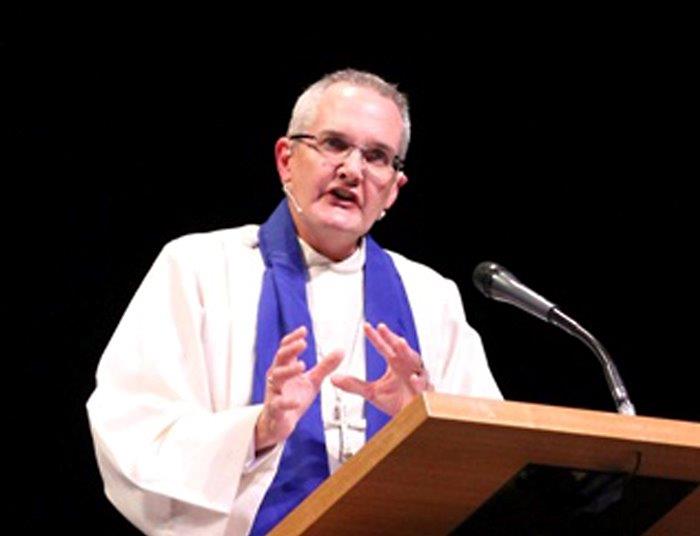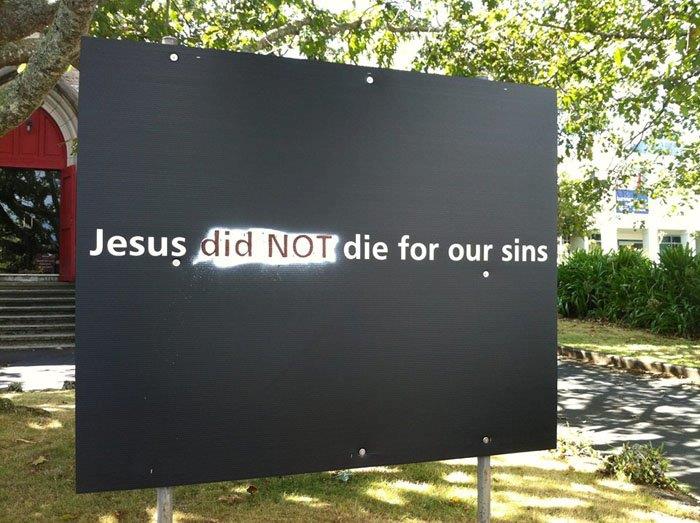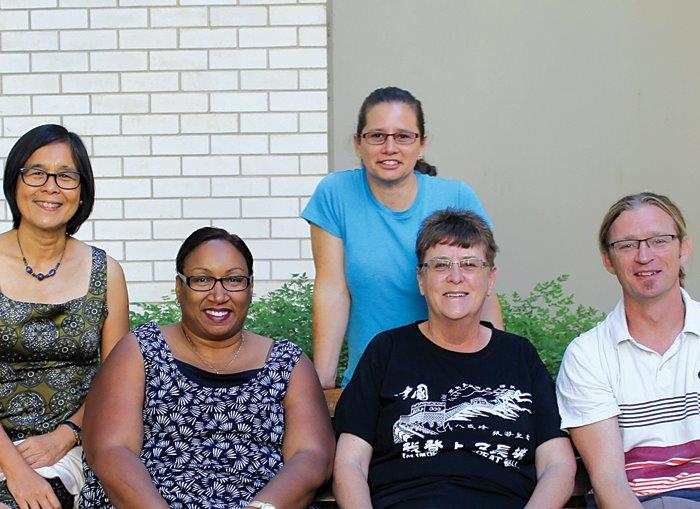Upon the retirement of Robert Watson late last year, UnitingCare West put the call out for the next suitable candidate to fill this unique role. Rev Daniel Viljoen has answered that call.
The role of mission development officer at UnitingCare West is a specific one, designed to continue and grow the existing relationships between the organisation, its staff and volunteers, as well as members and groups of the Uniting Church. UnitingCare West, an agency of the Uniting Church WA, is one of the state’s largest providers of community services, offering professional care, love and support in a range of areas.
Daniel and his family moved to Australia from South Africa around ten years ago. After completing compulsory military service in 1993 with the South African Defence Force, Daniel decided his calling was as a military chaplain with the Dutch Reformed Church. In 1994, Nelson Mandela became the first black president of South Africa, after being elected in the nation’s first democratic election. Working for the military throughout the transition to end Apartheid was an interesting time.
“It basically meant that former enemies became colleagues,” said Daniel.
Daniel first worked with a congregation before taking up a position coordinating chaplaincy at Bethanie, an aged care facility of the Churches of Christ. Daniel talks fondly of his previous positions, as he recalls how they have all guided him on the journey of growth towards his new role at UnitingCare West.
